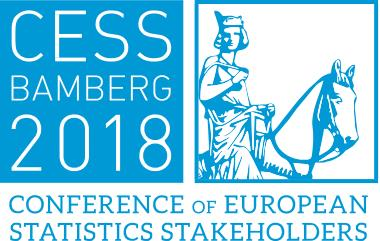Today, migration is one of the key issues in the international and European political as well as public debate. One of the most compelling challenges concerning the integration of migrants into receiving societies consists in the adaptation of national healthcare systems to migrants’ needs.
European Union (EU) member states (MS) differ hugely in terms of their healthcare provision models, contribution systems, and integration policies adopted towards foreigners. Differences in access to and use of healthcare systems by migrants from within the EU and those from outside the EU (i.e. from third countries) are still considerable and further diversified based on migrants’ legal status. To analyse these differences between the traditional types of healthcare systems within the EU, it is necessary to establish and measure the systematic relationship between the costs and performance of healthcare systems, migratory care demand, and the migrants’ contribution to the MS political and economic systems.
At the same time, the debates about the pressures on MS’ healthcare systems are overshadowed by the conflict between ‘factual’, i.e. measurable, and ‘post factual’, i.e. perceived, realities. While the former might paint a not too negative picture of the performance of national healthcare systems in reaction to migration, the latter might depict a doomsday scenario that was to end in the collapse of national healthcare systems.
To provide evidence-based insights into the topic for our case study, the United Kingdom (UK), we will analyse the role of diverging data narratives and contrast ‘alternative truth scenarios’ in ‘Brexit-UK’ with the ‘real’, i.e. measurable, impact of migrants on the British healthcare sectors. The key aim of the paper is to juxtapose factual and perceived evidence in the given case and to elaborate on key methodological strategies how best to disentangle the two the two.
